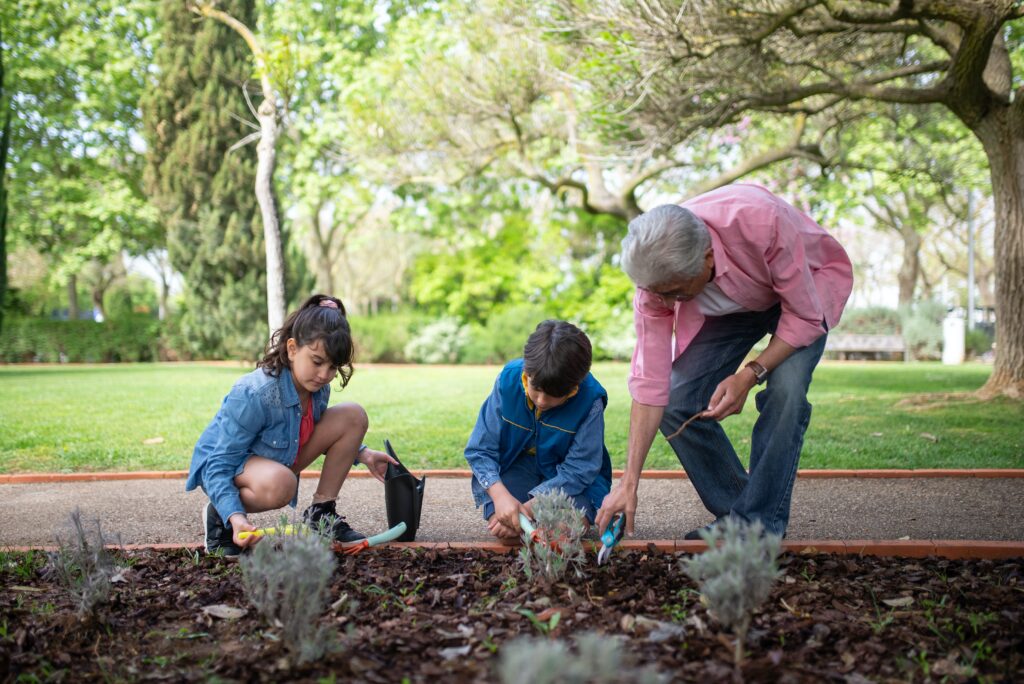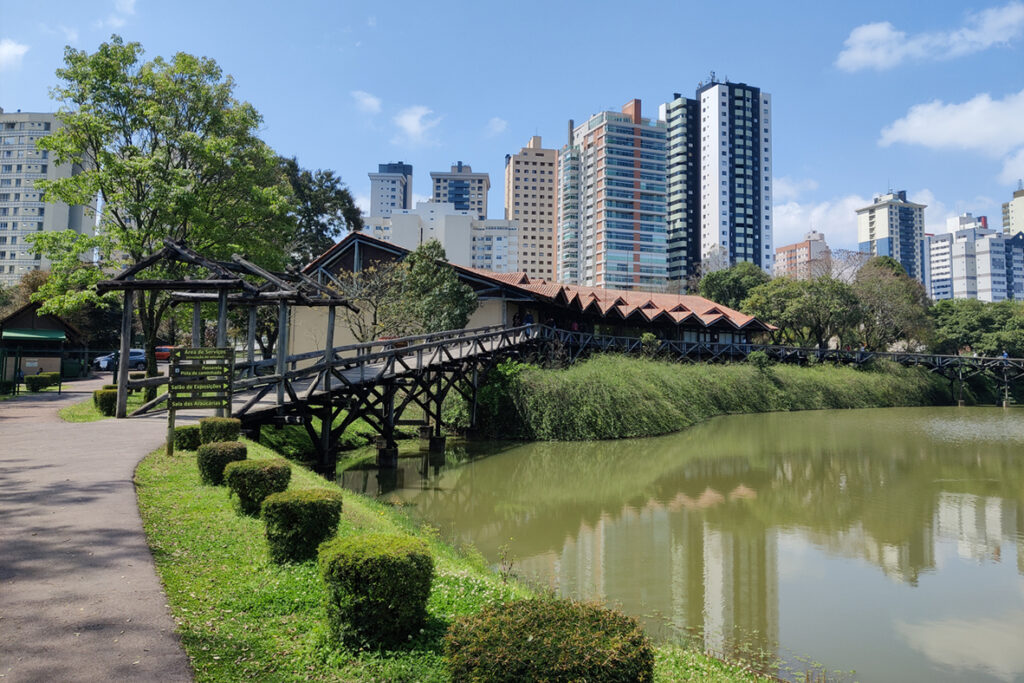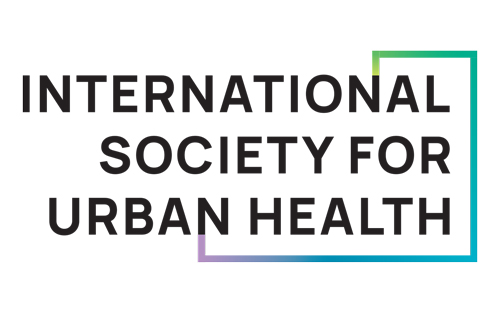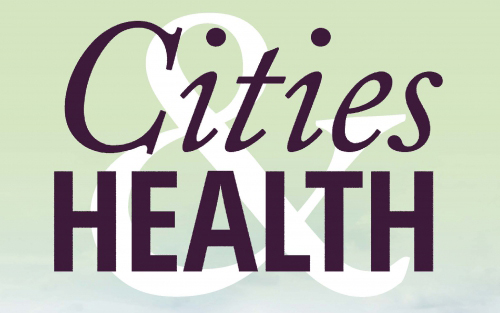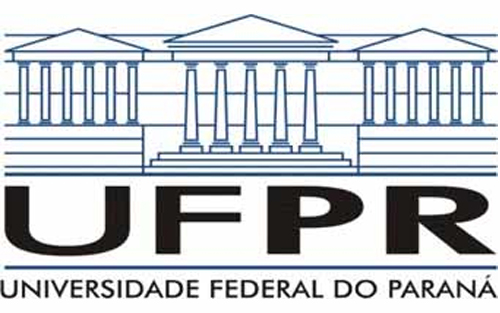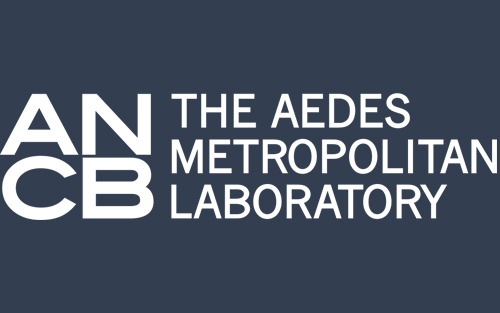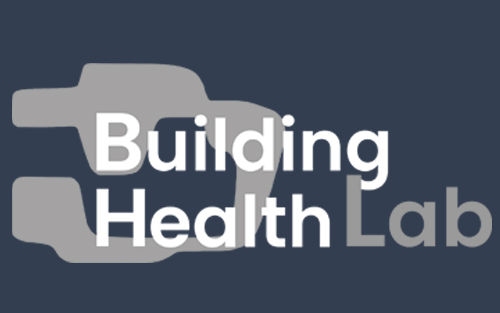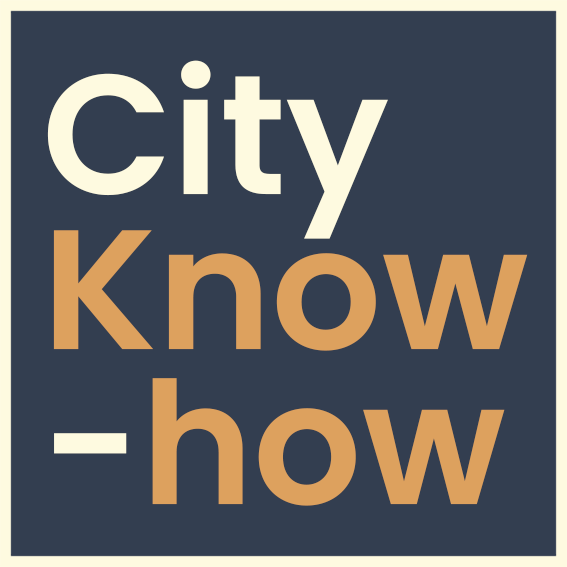
Dialogues with India
November 2024, Berlin, Germany
Day 2, Bankable
Day 2, main objective
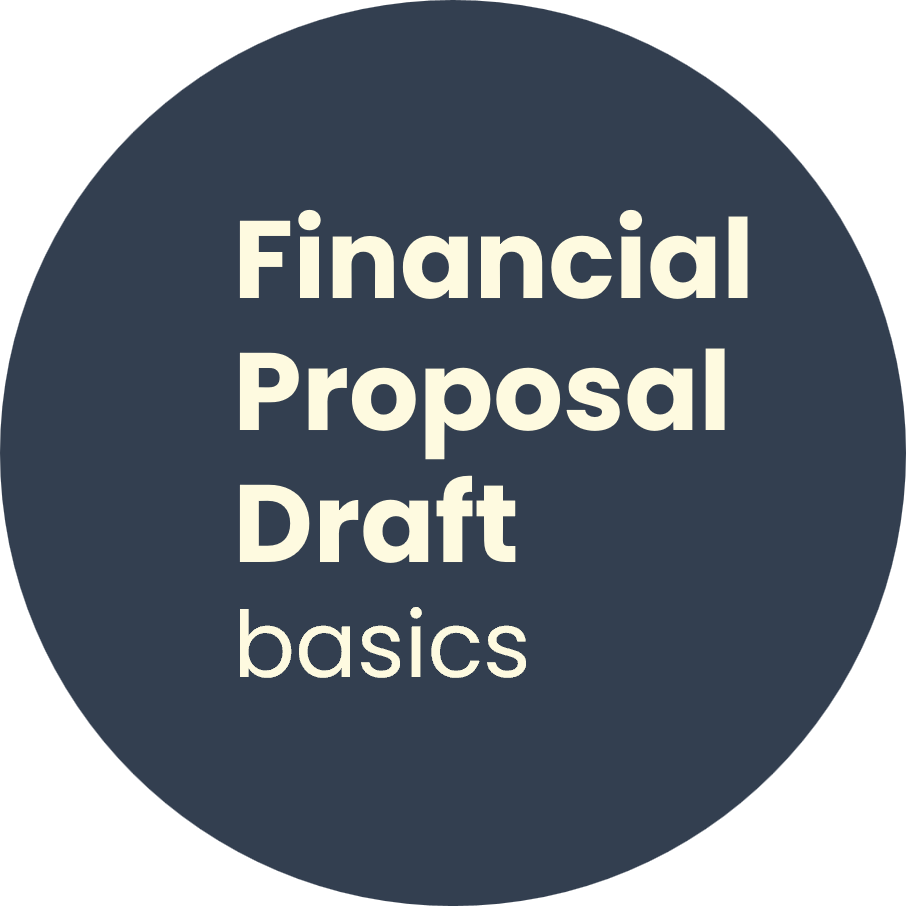
Bankable Day’s main objective is to define elements of a successful Financial Proposal.
What is Bankable? from the UrbanCare perspective.
Bankable urban projects prioritize public health and environmental outcomes, translating these into tangible economic benefits. They focus on financial viability, ensuring projects are feasible with defined returns on investment (ROI)—often through reducing avoidable costs and generating diverse revenue streams, accounting for the value of time. Beyond mere efficiency, these projects target effectiveness, showcasing how improvements in health and the environment can generate economic resources, thereby boosting community well-being and resilience.
Incorporating a circular economy approach further elevates bankability and sustainability. This strategy ensures efficient resource use and reuse, minimizes waste, and champions local technologies and workforce, fostering economic empowerment and seamlessly integrating various financial strategies.
Bankable Day Schedule
Municipalities on Stage | 9:00 – 11:00
Bankability challenges in Indian cities are primarily fueled by the overexploitation of natural resources, particularly water and land, leading to significant resource inefficiencies. Less than 30% of wastewater from major cities undergoes treatment, severely impacting the quality of available water resources. The governance framework exacerbates these issues, with existing municipal systems marked by structural and policy constraints that result in uncoordinated management across departments. This disorganization gives rise to single-use design solutions that generate economic waste. Alarmingly, only 18% of Indian cities manage to effectively translate higher environmental performance into socio-economic benefits, indicating a profound lack of horizontal synergies between environmental and socio-economic planning.
The growing frequency of situations like Bangalore’s water crisis underscores the urgent necessity for circular technological innovations such as Water Sensitive Urban Design (WSUD) to meet the efficiency goals of urban projects. However, the adoption of circular economy approaches in India faces significant hurdles, primarily due to the limited implementation of these practices. This shortfall results in a scarcity of local experts, a dearth of evidence supporting the effectiveness of such approaches, and challenges in marketability, which together hinder the broader application of circular solutions.
Input Lectures | 11:30 – 13:30
- Project Bankability: Implementing the Circular Economy Approach for Quality Municipal Projects
- Elevating Urban Living Value: Healthy and Green Design’s Aesthetic and Economic Impact on Urban Property
- Green Innovation Profit: Exploring Ventures in Eco-Friendly Technologies and Services
AEDES Welcome Visit | 13:30 – 15:30
Participants are invited to explore Aedes, a renowned independent institution and exhibition space dedicated to contemporary architecture and urban design on an international scale, and the Pfefferberg complex. Pfefferberg, a former brewery transformed into a dynamic cultural hub, boasts an array of attractions including shops, restaurants, theaters, and event spaces.
Bankable Workshop | 16:00 – 18:30
Municipalities make groups to discuss and debate two Bankability issues.
Foster the Development of Multi-Goal, Multi-Purpose Projects: Learn to design integrated projects that harmonize municipal objectives with broader sustainable urban development goals.
Promote Coordinated Management: Explore strategies for coordinating efforts among diverse stakeholders and actors to streamline project implementation and optimize resource utilization, breaking down silos for more efficient outcomes
